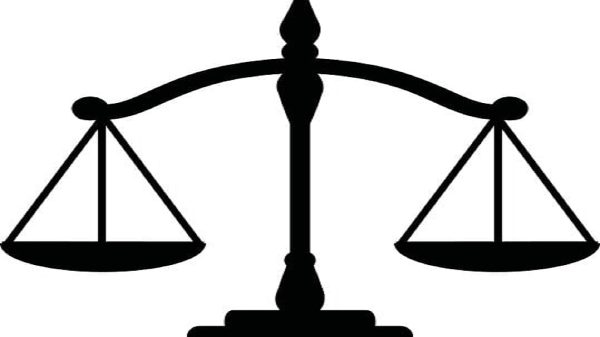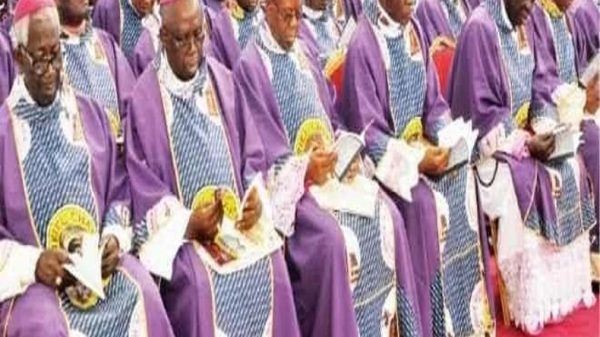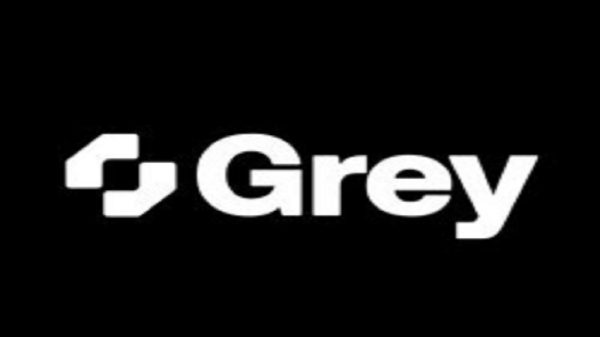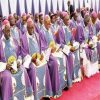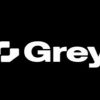The World Bank has blamed the Central Bank of Nigeria’s (CBN) management of the foreign exchange regime as the reason for the FX crisis currently being experienced in the country.
The World Bank made this remark in its bi-annual Nigerian Development Update, a report published twice yearly. According to the World Bank, the central bank’s management of the exchange rate reduced supply in the market thus affecting investor confidence and ultimately leading to a ditch of the official market for the black market.
The way the exchange rate was managed limited access to FX and thus adversely affected investor confidence and investment appetite,” the World Bank stated.
The disparity between the official I&E Foreign Exchange Window (IEFX) and the parallel market has widened to as high as N90 in recent weeks due to a combination of speculation, demand and fear of future devaluation of the currency.
Significant spreads between the official, the IEFX, and the parallel exchange rate persisted throughout 2020 and as of April 2021, the spread between the official and the IEFX rate was estimated at 8% and between the IEFX and the parallel rate, reached 18% (the spread between the official and the parallel rate was 27%),” the World Bank added.
The CBN recently made its biggest move yet in unifying the exchange rate after it dumped its long-held official rate for the IEFX rate published by the FMDQOTC.
In addition, it recently also extended the Cash4Dollar scheme introduced back in March hoping this will drive more diaspora inflows into the banking system.
Despite these moves, most critics believe it has come late and may have been avoided, had the central bank been more pragmatic. The World Bank also blamed the apex bank for not going all in with its change in policies.
“In May 2021, the CBN formally took concrete steps towards rates unification between the official and IEFX rates. However, the IEFX rate continues to be managed and is not fully reflective of market forces. Furthermore, there remains a 20 percent premium between this unified rate and the parallel market rate. The two-month naira-for-dollars scheme introduced by the CBN in March 2021 to serve as an incentive for increased remittance inflows through formal channels was extended indefinitely in May and was preceded by regulatory directives in December 2020—that mandated all licensed operators to pay remittances in dollars. While this may indeed encourage the use of the formal channels, it is not clear that incentive payments will increase remittances to the country,” the World Bank stated.
The World Bank also made recommendations of what the central bank should do to address the issues of forex shortages and exchange rate disparity.
It called on the CBN to allow the IEFX market function as it should by allowing a more market-friendly approach for exchange rate transaction.
Rather than allow an unreliable way of reporting exchange rate prices, it called for a two-way quote which allows banks to quote for their bid and offer prices just the way it is done in the stock market.
![]()

